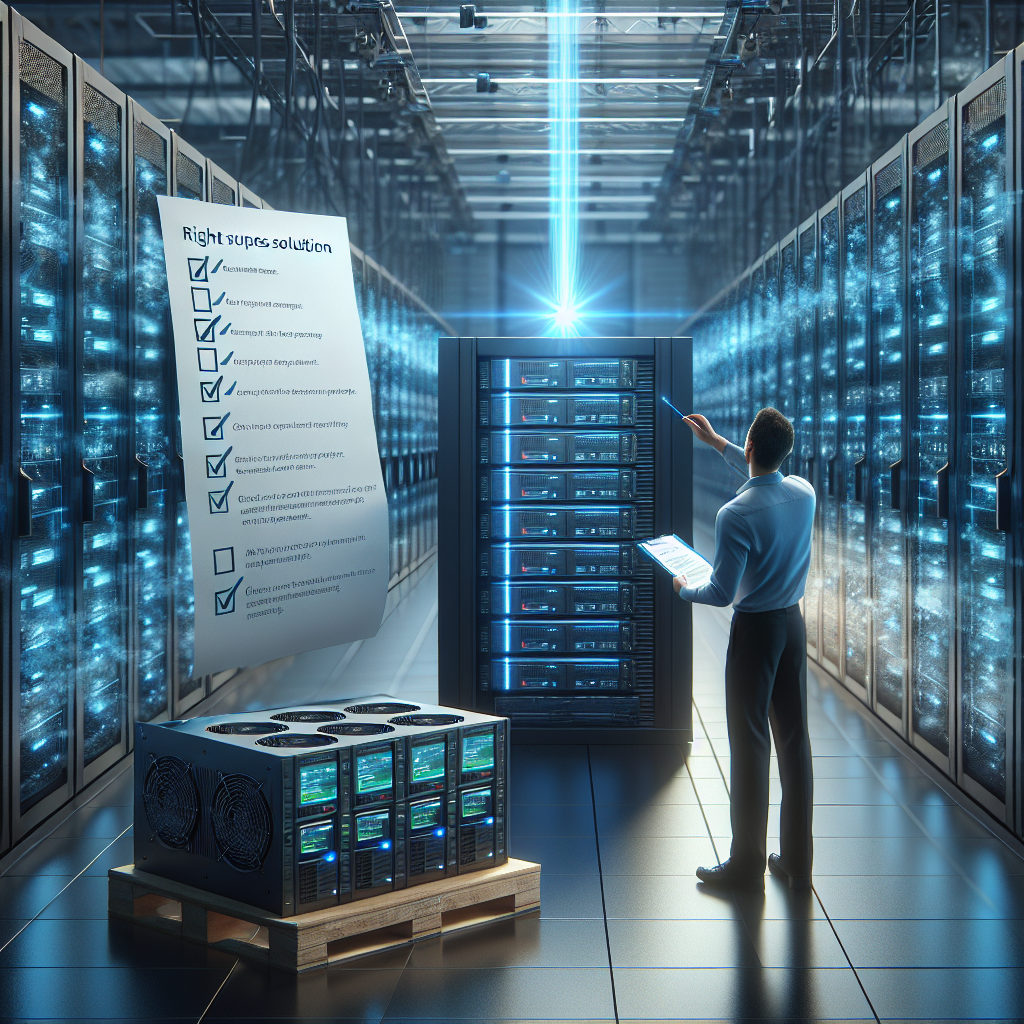Your cart is currently empty!
Evaluating UPS Options for Data Centers: Finding the Right Solution for Your Needs

Data centers are essential for businesses to store and manage their vast amounts of data. With the increasing reliance on digital technologies, the importance of having a reliable and efficient Uninterruptible Power Supply (UPS) system in data centers cannot be overstated. UPS systems provide critical backup power in the event of an electrical outage, ensuring that data centers can continue to operate without interruption.
When evaluating UPS options for data centers, there are several key factors to consider in order to find the right solution for your needs. Here are some important considerations to keep in mind:
1. Capacity: One of the first things to consider when evaluating UPS options is the capacity of the system. This refers to the amount of power that the UPS can provide to the data center in the event of a power outage. It is important to choose a UPS system that can handle the power requirements of your data center, taking into account factors such as the number of servers, storage devices, and other equipment that need to be powered.
2. Scalability: As your data center grows and evolves, it is important to choose a UPS system that is scalable and can be easily expanded to meet your changing power needs. Look for UPS systems that offer modular designs or the ability to add additional capacity as needed.
3. Efficiency: Energy efficiency is a key consideration when evaluating UPS options for data centers. Look for UPS systems that are designed to minimize energy consumption and reduce operating costs. Energy-efficient UPS systems can also help reduce heat output, which can in turn lower cooling costs in the data center.
4. Reliability: Reliability is crucial when it comes to UPS systems, as they need to be able to provide backup power when it is needed most. Look for UPS systems that have a proven track record of reliability and performance, and consider factors such as mean time between failures (MTBF) and the availability of redundant components.
5. Maintenance and Support: Regular maintenance is essential to ensure the continued reliability and performance of UPS systems. When evaluating UPS options, consider the availability of maintenance services and support from the manufacturer or a third-party provider. Look for UPS systems that offer remote monitoring and diagnostics capabilities to help identify and address potential issues before they become critical.
6. Cost: Finally, cost is always a consideration when evaluating UPS options for data centers. While it is important to choose a UPS system that meets your power requirements and reliability needs, it is also important to consider the total cost of ownership, including upfront costs, maintenance expenses, and energy consumption. Look for UPS systems that offer a good balance of performance and cost-effectiveness.
In conclusion, evaluating UPS options for data centers requires careful consideration of factors such as capacity, scalability, efficiency, reliability, maintenance, and cost. By taking these factors into account and choosing a UPS system that meets your specific needs, you can ensure that your data center remains operational and protected in the event of a power outage.

Leave a Reply